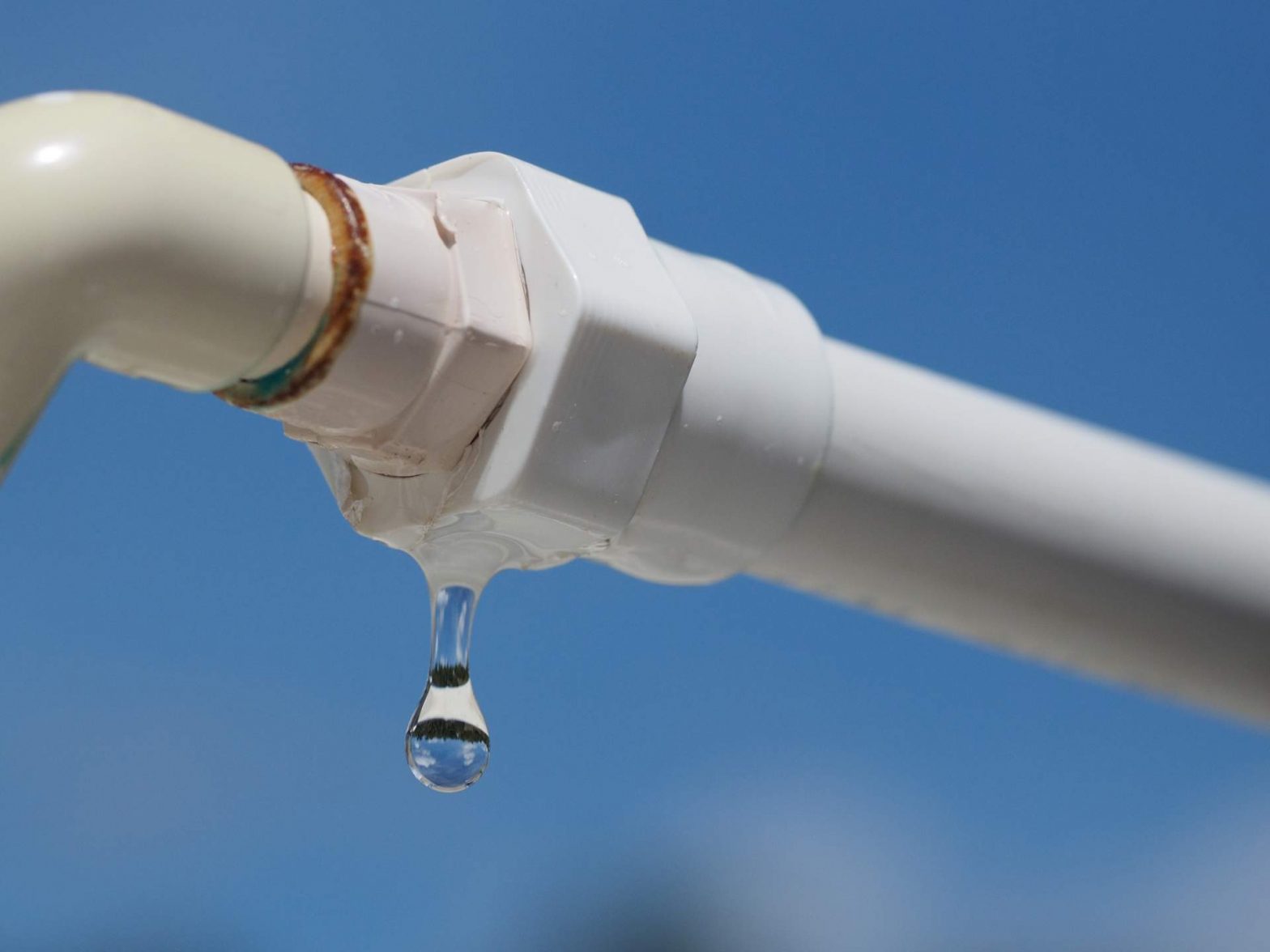This week marks United for Infrastructure 2021: A Week to Champion America’s Infrastructure. Every day, thousands of underground pipes convey water to our homes and businesses, and miles of pipes remove wastewater from our sinks, bathrooms, and laundry rooms. Many of these systems were designed and built decades ago, when there were fewer people, less development, and limited awareness regarding climate change. Most of us don’t fully understand what it takes to run a water or wastewater utility, as well as the tensions between providing affordable and safe water and the resources needed for improvement projects. Often, the issue of infrastructure stability and improvement only receives attention when aging infrastructure triggers emergencies, such as water main breaks, drinking water advisories, or high lead readings in water tests. Capital investment will enable New Jersey to protect public health and resolve the challenges that confront our water systems.
For the past six years, members of the Jersey Water Works (JWW) collaborative have laid the groundwork to transform New Jersey’s water infrastructure. New Jersey will need $25 billion to address decades of disinvestment and transform the state’s water infrastructure over the next 20 years. The funding proposed by Congress and President Biden, which includes billions of dollars to modernize the nation’s drinking water, wastewater, and stormwater systems, presents an opportunity to achieve considerable progress towards our goals. This funding can help close the water infrastructure investment gap by creating more than 1.5 million American jobs and generating over $260 billion in annual economic activity. New Jersey is prepared to utilize this investment to its maximum potential.
JWW’s 600 members share their knowledge and experiences to improve New Jersey’s water and wastewater infrastructure. Although our members maintain different perspectives, we collaborate to solve problems, craft new solutions, and overcome long-standing obstacles. The process of working together helps expand knowledge about solutions and facilitates cooperation with key partners on similar projects.
Such collaboration has delivered results. Two years ago, the Lead in Drinking Water Task Force (experts from water utilities, trade associations, environmental groups, academia, advocacy, and community development organizations) published a report outlining actions that New Jersey can take to virtually eliminate lead in drinking water in 10 years. Around the same time, Newark was facing a lead-contaminated drinking water crisis, but was able to leverage information, relationships, and partnerships in the city to find solutions to its lead problems. Today, Newark is a national model for water infrastructure improvement, as it nears the complete replacement of its estimated 18,500 lead service lines in just over two years. Pending new laws and rules can help replicate Newark’s success across New Jersey.
Last year, in response to the COVID-19 outbreak, JWW submitted recommendations to Governor Murphy’s office that addressed the pandemic’s impacts on low-income customers and water and wastewater utilities, resulting in the Governor’s enactment of a voluntary statewide utility moratorium. JWW committee members met with the New Jersey Department of Environmental Protection to recommend ways to focus combined sewer overflow (CSO) investment in disproportionately burdened, vulnerable communities.
New Jerseyans care about clean drinking water, ranking water quality as a top priority in our most recent statewide public opinion surveys. These surveys also suggest a need for improved awareness and knowledge about water infrastructure. This begins with access to information.
In March, JWW launched Jersey WaterCheck, a data dashboard containing comprehensive information on water systems to provide citizens with knowledge about their drinking water and wastewater systems. Such transparent and accessible data helps users understand if progress is being made, promotes awareness about water infrastructure issues, and helps foster trust in our water infrastructure. Additionally, it helps utilities complement their communication by showcasing their work and building support for crucial infrastructure investment. Finally, it allows New Jerseyans to see trends in how we are doing as a state.
We salute New Jersey’s utility members for their critical work, which ensures that water and wastewater services continue operating without interruption throughout the pandemic. Join us in celebrating our utility members during the United for Infrastructure 2021: A Week to Champion America’s Infrastructure.
